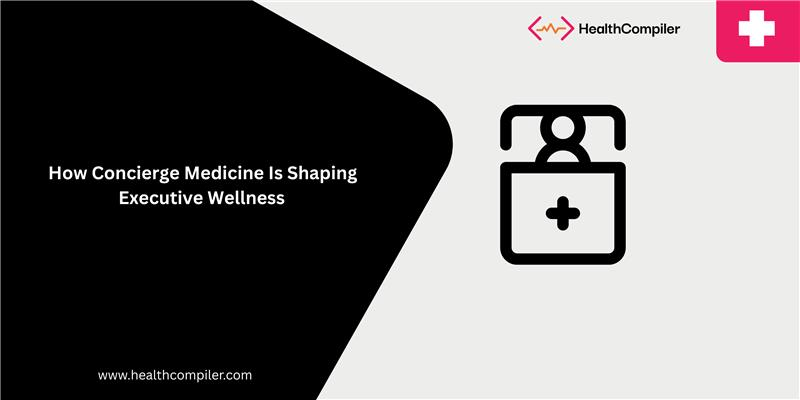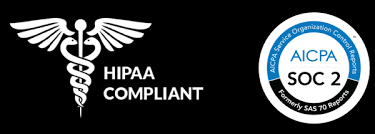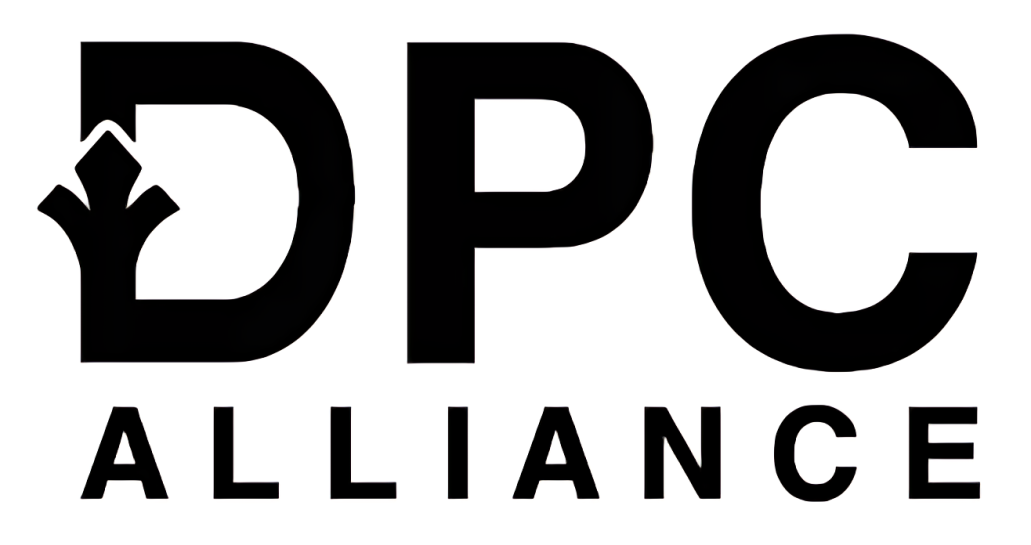Concierge Medicine for Employers: How Corporations Are Investing in Executive Wellness

In today’s fast-paced corporate world, wellness isn't just a personal responsibility, it's a business priority. For executives and key leadership teams, health can directly influence performance, decision-making, and longevity in the role. That's why a growing number of organizations are turning to concierge medicine for employers as a smarter way to support their teams.
Concierge care is gaining ground not only because of what it offers, but because of how it aligns with a broader shift in workplace values: personalization, prevention, and respect for time.
Let’s take a closer look at how professional medical concierge services are helping companies invest in people, not just programs.
What Is Concierge Medicine for Employers?
Concierge medicine is a care model that provides direct access to a physician, often through a monthly or annual membership. It typically includes longer appointments, direct communication, and personalized attention to preventive and ongoing care.
When offered through an employer, medical concierge services are often targeted toward executives, founders, or high-performance teams who need flexibility and depth from their healthcare experience. It’s not about replacing benefits, it’s about adding a layer of personalized care where it matters most.
Why Employers Are Investing in Concierge Care
The growing interest in concierge medical services is not about luxury. It’s about strategy. Organizations are investing in care models that reduce friction, deepen relationships, and support long-term wellness.
Here are just a few of the concierge medical services benefits that resonate with employers:
- Meaningful clinical relationships: Physicians see fewer patients, allowing them to spend more time understanding each individual’s history, lifestyle, and goals.
- Greater continuity: With ongoing access to the same provider, patients experience better follow-through, fewer gaps in care, and more proactive health planning.
- Time-sensitive care: Same-day or next-day appointments help minimize downtime and support continuity between professional obligations and personal health.
- Focus on prevention: From lab testing to personalized wellness strategies, care plans are tailored to each individual's risk profile and lifestyle.
What Do the Best Concierge Medical Services Include?
Not all concierge programs are created equal. The best concierge medical services combine clinical depth with a modern approach to patient experience.
This often includes:
- Extended annual physicals with comprehensive lab panels
- 24/7 access via call, text, or portal
- In-person and virtual appointments
- Personal coaching around stress, sleep, nutrition, and performance
- Follow-through on chronic conditions, not just episodic care
The result? Fewer missed opportunities, more personalized support, and an ongoing relationship that supports overall wellbeing.
The Role of Professional Medical Concierge Services in Practice Growth
For physicians offering concierge medicine for employers, the value extends beyond patient satisfaction. These care models allow providers to focus on quality over quantity, and with the right tools, to understand how their care is performing over time.
This is where analytics plays a quiet but powerful role.
Practices using Health Compiler, for example, gain access to clear, actionable insights about patient engagement, care outcomes, and visit trends, without extra documentation or workflow disruption. This allows clinicians to adapt care strategies, track outcomes over time, and confidently measure what’s working.
It’s about creating a feedback loop that improves the patient experience without adding administrative weight.
Why It Matters
Concierge medical services are part of a broader movement toward high-touch, relationship-based care. For employers, it’s a meaningful way to support the wellbeing of key leaders. For physicians, it’s an opportunity to deliver care that is more thoughtful, responsive, and sustainable.
And for patients, it’s a chance to experience healthcare that feels aligned with their lives.
As more companies and providers explore this model, the focus remains the same: improving care by restoring time, trust, and personalization.




